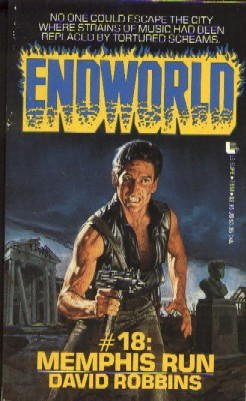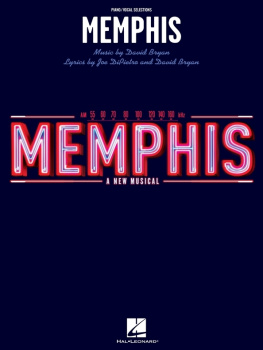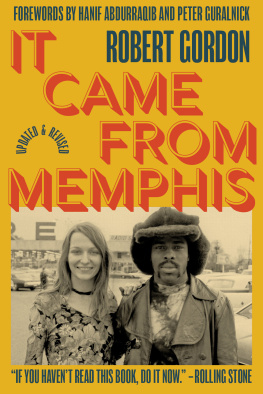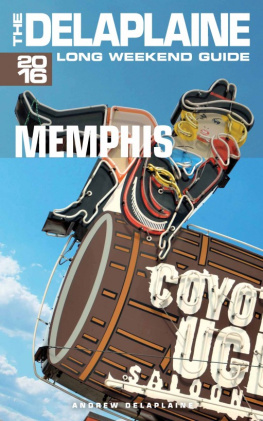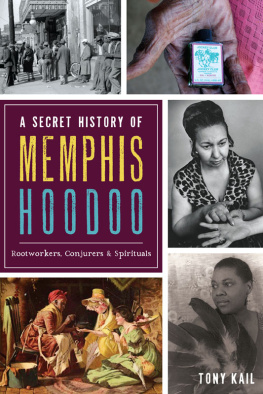Dusty in Memphis
Also available in this series:
Dusty in Memphis by Warren Zanes
Forever Changes by Andrew Hultkrans
Harvest by Sam Inglis
The Kinks Are The Village Green Preservation Society by Andy Miller
Meat Is Murder by Joe Pernice
The Piper at the Gates of Dawn by John Cavanagh
Abba Gold by Elisabeth Vincentelli
Electric Ladyland by John Perry
Unknown Pleasures by Chris O tt
Sign O the Times by Michaelangelo Matos
The Velvet Underground and Nico by Joe Harvard
Let It Be by Steve Matteo
Live at the Apollo by Douglas Wolk
Aqualung by Allan Moore
OK Computer by Dai Griffiths
Let It Be by Colin Meloy
Led Zeppelin IV by Erik Davis
Armed Forces by Franklin Bruno
Exile on Main Street by Bill Janovitz
Grace by Daphne Brooks
Murmur by J. Niimi
Pet Sounds by Jim Fusilli
Ramones by Nicholas Rombes
Endtroducing... by Eliot Wilder
Kick Out the Jams by Don McLeese
Low by Hugo Wilcken
In the Aeroplane Over the Sea by Kim Cooper
Music from Big Pink by John Niven
Pauls Boutique by Dan LeRoy
Doolittle by Ben Sisario
Theres a Riot Goin On by Miles Marshall Lewis
Stone Roses by Alex Green
Bee Thousand by Marc Woodworm
The Who Sell Out by John Dougan
Highway 61 Revisited by Mark Polizzotti
Loveless by Mike McGonigal
The Notorious Byrd Brothers by Ric Menck
Court and Spark by Sean Nelson
69 Love Songs by LD Beghtol
Songs in the Key of Life by Zeth Lundy
Use Your Illusion I and II by Eric Weisbard
Daydream Nation by Matthew Steams
Trout Mask Replica by Kevin Courrier
Double Nickels on the Dime by Michael T. Fournier
Peoples Instinctive Travels and the Paths of Rhythm by Shawn Taylor
Aja by Don Breithaupt
Rid of Me by Kate Schatz
Achtung Baby by Stephen Catanzarite
Forthcoming in this series:
Pretty Hate Machine by Daphne Carr
Lets Talk About Love by Carl Wilson and many more
Introduction: Now that I Have Your Ear
WZ: You have one tattoo that says Memphis on it.
What were you thinking when you got it?
Chips Moman: I was a kid. I wasnt thinking much of anything (laughs).
This is not a book about a record. Sorry. I hope no one has been misled. This is something else altogether. As I was writing it, I conceptualized my agenda in this way: as an attempt to understand why a particular long-playing phonograph, Dusty in Memphis, pulled me into its world and what I did there. Which is to say, this book is about an experience with a record more than it is about a record. Its both a chronicle and an analysis of what happened when a particular person met up with a particular piece of vinyl at a particular time and the unfolding of that relationship.
I was a teenager playing guitar in a rock and roll band called the Del Fuegos. Without suitable preparation for any such possibility, we were getting a moderate taste of success, were out on the road promoting a record that would take us to some unexpected places. A babe born under the jurisdiction of a punk ethos, I had yet to learn how to play my instrument with any real skill, a fact that somehow added to the bands credibility. On tour, with accumulated per diem warm in hand, I picked up a copy of Dusty in Memphis.
Thus a particular piece of vinyl was purchased by a particular person at a particular time. So, while theres plenty in these pages about Dusty in Memphis, about the cast of characters responsible for its beauty, much of what is written here is refracted (remember, this is a distorting effect) through the lens of the personal. Records that last, those special few that refuse dust and return to the player again and again even as the world around them changes, finally become, in some odd way, collaborations between the listener and the listened to. One might say that to understand, to really understand, my Dusty in Memphis, I had to consult both parties.
As is abundantly clear to any record lover, certain albums come to be attached to distinct periods in ones life, inadvertently becoming emblems of happy, desperate, or even notably dull life phases, in this way assuming a sometimes surprising associational power. They can take us back to a time and give us a strong whiff of whatever was in the air. How often have we seen another person disappear into memorys deeper recesses when a particular long player comes on? That person has gone somewhere. If as humans we can access only a fraction of all that is stored in memorys vaults, sometimes a single song will give us quick access to those vaults, and in a manner that could only be described as uncanny. Some albums cant be listened to for just this reason. Others might recall a perfect day and be loved for just such an ability to transport us. For me, Richard Manuels haunting In a Station owns one such day.
But there is a class of recordings that belong to a still more elevated category. When, above, I refer to albums that return to the player even as the world around them changes, I am referring to just such a class. The relevance of these albums transcends the one-to-one correspondence whereby, for instance, the Gun Clubs Fire of Love, through some curious shape-shifting capacity, comes to embody the spring of 1982 (which, for me, it did). The recordings that go beyond that level of correspondence become emblems of more than just one passage in our lives, they becomeand I hate to make it all too lofty, but here it cant be helpedemblems of us, artifacts of selfdefinition. Such special albums rattle our cages again and again (and sometimes we use them, with limited success, to rattle the cages of others). Its hard to say why. But thats what they do. Dusty in Memphis has done this to me.
When I first bought Dusty in Memphis, in 1985 at a Berkeley, California used record store that would be going out of business in five days time, I didnt know what awaited me and didnt really care. I was distracted by the warm rush of greed and certainly preoccupied by the fact that among the many albums Id found in the failing stores sale was a very clean copy of


